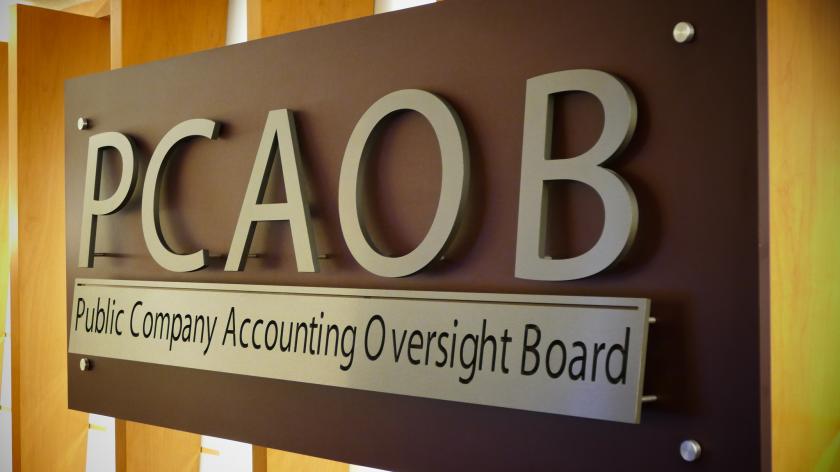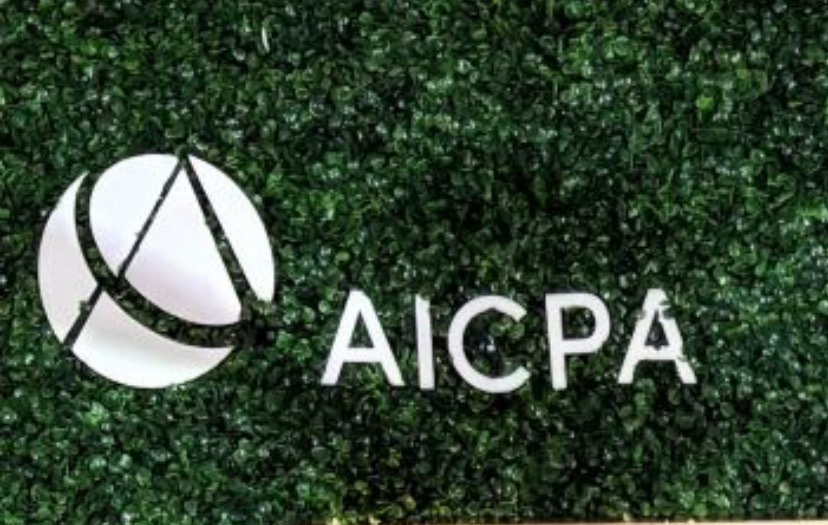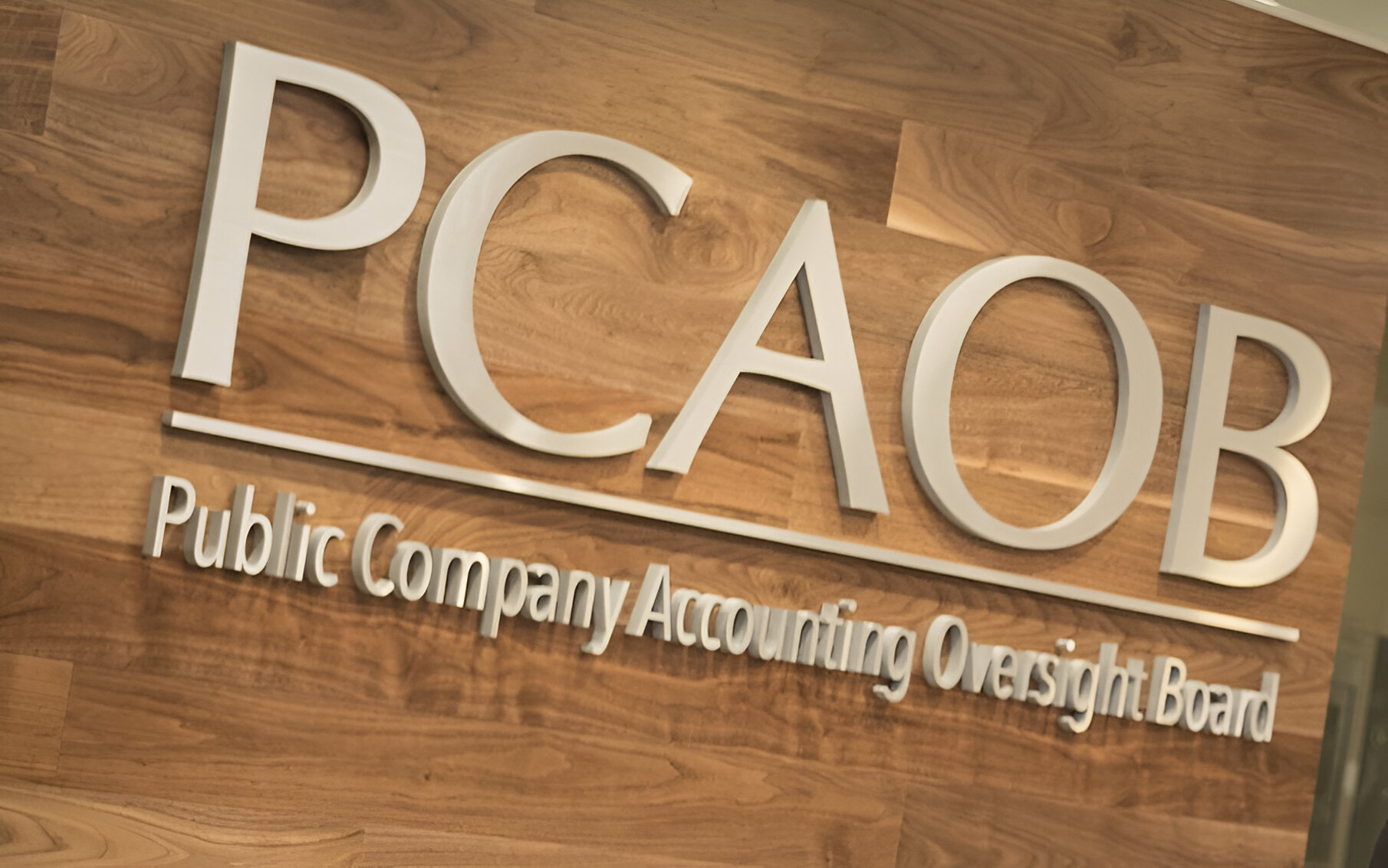The Public Company Accounting Oversight Board (PCAOB) voted unanimously to amend current auditing rules and introduced a new standard on June 21 pertaining to an audit firm’s use of so-called “other auditors” who lend a hand during the course of an audit.
In many audits of large companies, other auditors—independent accounting firms or individual accountants—assist in the audit but are not part of the audit firm issuing the audit report. In 2021 multiple auditors were used in 26 percent of all issuer audit engagements. Two or more other auditors were used in 66 percent of these audits, and 28 percent involved five or more other audit firms.
The amended standards strengthen existing requirements and responsibilities that apply to the lead auditor in planning and performing audits that involve these outside auditors, according to the PCAOB. These include increasing the lead auditor’s involvement in and evaluation of the work of other auditors and aligning the applicable requirements with the regulator’s risk-based supervisory standards—with the goal of better-quality audits.
“The amendments are intended to improve the lead auditor’s supervision of other auditor’s work and help ensure that sufficient appropriate evidence is obtained to support the lead auditor’s opinion in the audit report,” PCAOB Chair Erica Williams said in a statement. “Enhancing the lead auditor’s supervision of other auditors, including through better coordination and communication, should result in increased investor protection by improving the lead auditor’s ability to prevent or detect deficiencies in the work of other auditors before the audit report is issued.”
Williams added that the new changes provide audit firms the flexibility to address advances in technology, such as advancements facilitating the communication between the lead auditor and other auditors.
“This should empower audit firms to develop and use technology that improves the overall interaction between the lead auditor and other auditors to the extent that these advancements in technology lead to improved audit quality,” she said. According to the PCAOB, the amendments to current auditing standards include:
Requiring the engagement partner to determine whether his or her firm’s participation in the audit is sufficient for the firm to carry out the responsibilities of a lead auditor and report as such. The amendments also provide considerations for the engagement partner to use in making this determination and require that the audit’s engagement quality reviewer review the determination.
Requiring the lead auditor, when determining the engagement’s compliance with independence and ethics requirements, to understand the other auditors’ knowledge of those requirements and experience in applying them. The amendments also require the lead auditor to obtain and review written affirmations regarding the other auditors’ policies and procedures related to those requirements and regarding compliance with the requirements, as well as a description of certain auditor-client relationships related to independence. In addition, the amendments allow for the sharing of information about changes in circumstances and the updating of affirmations and descriptions in light of those changes.
Requiring the lead auditor to understand the knowledge, skill, and ability of other auditors’ engagement team members who assist the lead auditor with planning and supervision. The lead auditor also should obtain a written affirmation from other auditors that their engagement team members possess the knowledge, skill, and ability to perform assigned tasks.
Requiring the lead auditor to supervise other auditors under the PCAOB’s standard on audit supervision and inform other auditors about the scope of their work, identified risks of material misstatement, and certain other key matters. The amendments also require the lead auditor and other auditors to communicate about the audit procedures to be performed and any changes needed to the procedures. In addition, the lead auditor should obtain and review written affirmations from other auditors about their performance of work in accordance with the lead auditor’s instructions, and to direct other auditors to provide certain documentation about their work.
Additionally, in multi-tiered audits, the amendments provide that a first other auditor can assist the lead auditor in performing certain required procedures with respect to second other auditors.
The new auditing standard adopted by the board on Tuesday—AS 1206, Dividing Responsibility for the Audit with Another Accounting Firm—applies to situations that do not happen too often: when the lead auditor divides responsibility for a portion of the audit with another audit firm and therefore does not supervise the work performed by that firm, according to the PCAOB.
“In these situations, the lead auditor refers in the audit report to the work of that auditor (i.e., a referred-to auditor). This new standard requires that in these situations the lead auditor determine that audit procedures were performed regarding the consolidation or combination of financial statements of the business units audited by the referred-to auditor into the company’s financial statements,” the PCAOB stated. “The standard also requires that the lead auditor obtain the referred-to auditor’s written representation that it is independent and duly licensed to practice, and that the lead auditor disclose in the audit report the magnitude of the portion of the financial statements and, if applicable, internal controls audited by the referred-to auditor.”
First proposed in 2016, the PCAOB issued additional rule proposals and held comment periods in 2017 and 2021 regarding the planning and supervision of audits involving other auditors.
The amendments apply to all audits conducted under PCAOB standards and are subject to approval by the Securities and Exchange Commission. Once approved by the SEC, the amendments will take effect for audits of financial statements for fiscal years ending on or after Dec. 15, 2024.
Thanks for reading CPA Practice Advisor!
Subscribe Already registered? Log In
Need more information? Read the FAQs
Tags: Audit Standards, PCAOB




